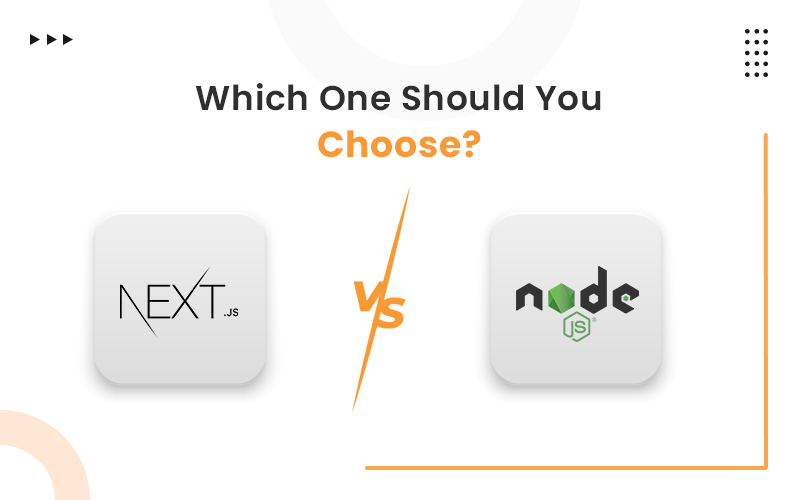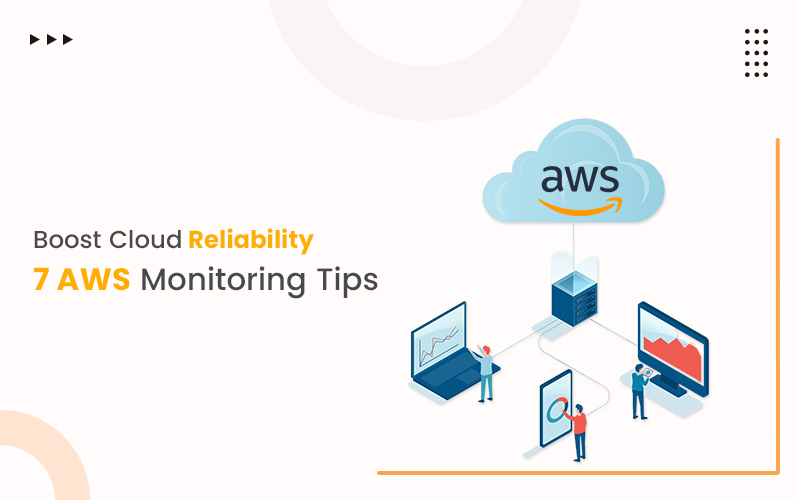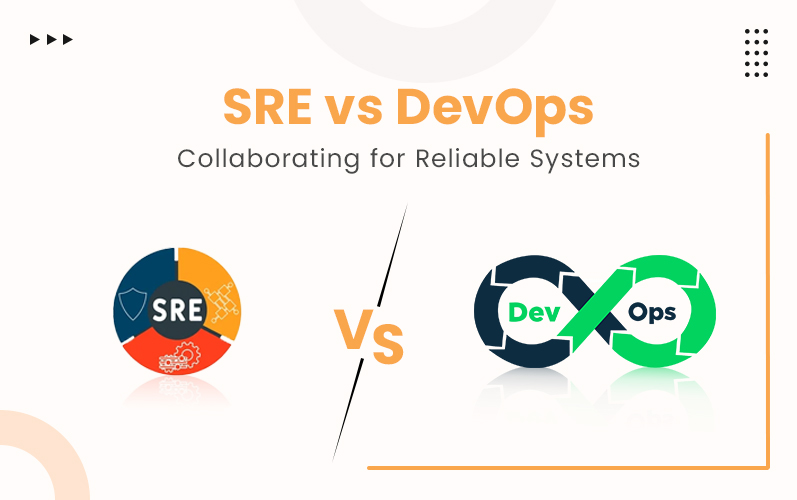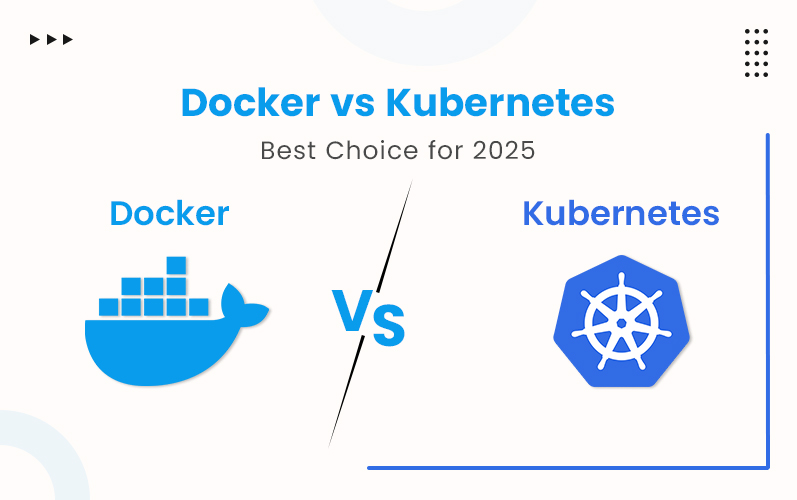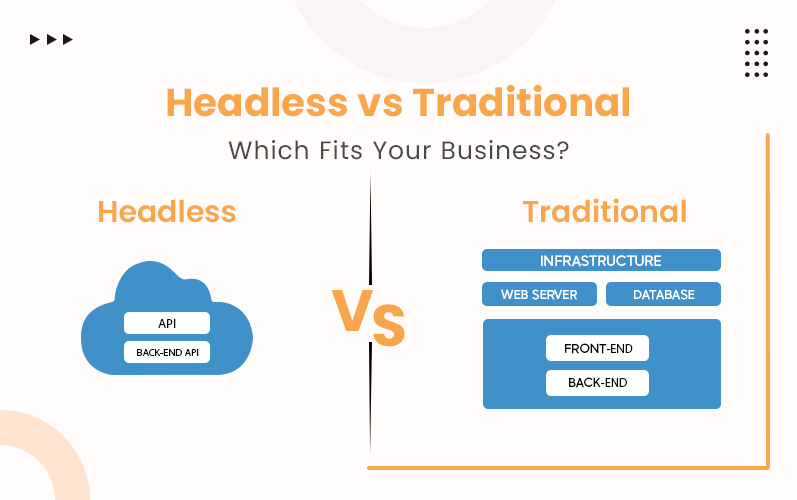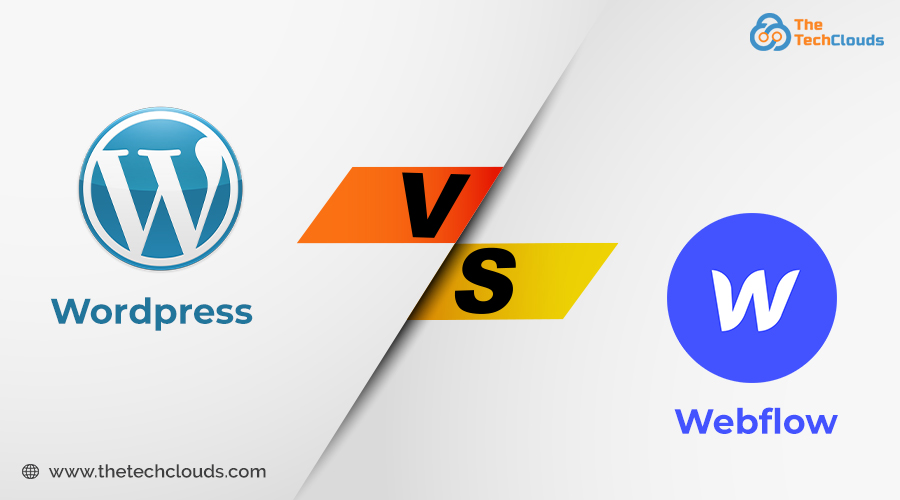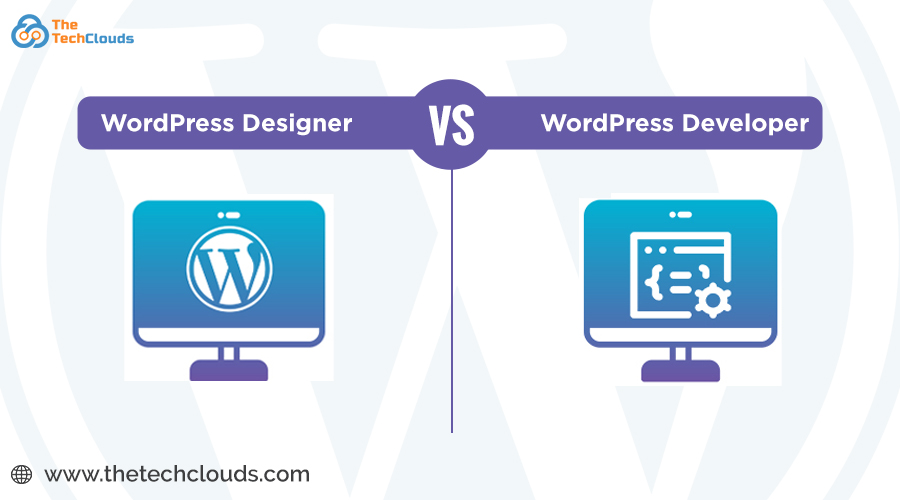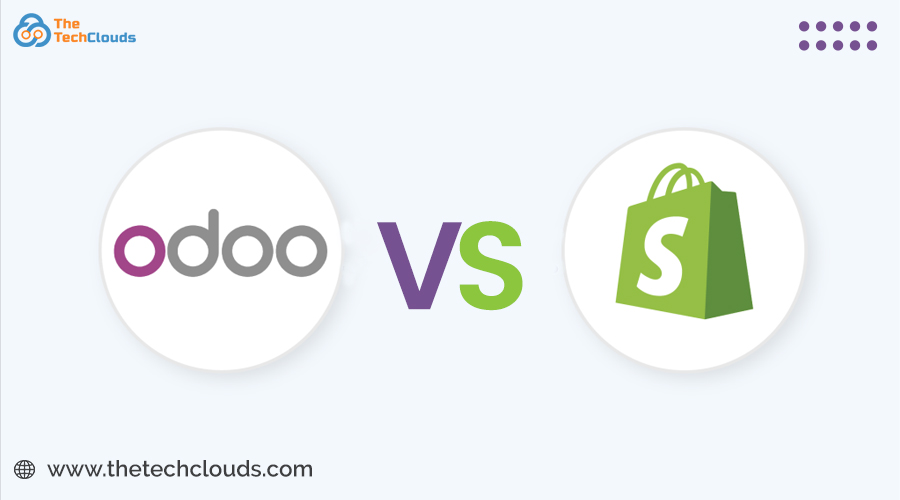In the era of robust web development services, a scalable and seamless back end as well as front end is required to build for creating an intuitive web application. Developers are often faced with the challenges of choosing the right tools and frameworks to create applications that optimize the user interface and experience. One common debate is Next.js vs Node.js, especially when deciding on the stack for high-performance, scalable web apps. While both serve different purposes, understanding their individual strengths can help you make an informed decision. This blog walks you through the essential features, use cases, and benefits of both of these technologies. Both are JavaScript-based technologies which 63% of the developers use to build top-notch applications.
What is Node.js?
Node.js is a JavaScript runtime platform that lets developers run JavaScript code outside the browser. Built on Chrome’s V8 engine, it’s designed for building scalable and fast server-side applications. Companies mainly hire Node js developers for building real-time apps, APIs, and microservices.
Core Features of Node.js
- Event-driven and non-blocking I/O model.
- Fast execution with the V8 engine.
- Scalable network applications for featured web development services.
- Rich ecosystem with npm packages.
- Supports RESTful API and microservices development.
Benefits of Using Node.js
- High performance for real-time applications.
- Scalable architecture for enterprise-level systems.
- Active community and long-term support.
- Cost-effective development with a single language (JavaScript) across front and back ends.
- Easy to hire Node js developers due to widespread adoption.
What is Next.js?
Next.js is a powerful React framework that enables server-side rendering (SSR), static site generation (SSG), and hybrid applications. It’s built on top of Node.js, focusing on front-end development with backend capabilities for full-stack web apps. It boosts the ease of operation, user engagement, and speed of online apps.
Core Features of Next.js
- File-based routing system.
- Image and font optimization.
- Built-in CSS and Sass support.
- Automatic code splitting.
- Supports SSR and SSG for SEO-friendly pages.
Benefits of Next.js
- Enhances page load speed and SEO.
- Built-in features reduce development time.
- Great developer experience with hot reloading and TypeScript support.
- Flexible rendering methods in web development services for custom needs.
- Easily integrate with headless CMS and eCommerce platforms.
Use Cases of Node.js and Next.js
Node.js is ideal for real-time apps (e.g., chat apps), RESTful APIs, and microservices.
1. Real-time Applications (e.g., Chat, Collaboration Tools)
Used by: Slack, Trello
2. RESTful APIs and Backend Services
Used by: PayPal, Netflix
3. Microservices Architecture
Used by: Walmart, Uber
Next.js is perfect for dynamic websites, static blogs, eCommerce platforms, and complex React apps needing SSR or SSG.
1. Dynamic Websites with Server-Side Rendering (SSR)
Used by: TikTok, Hashnode
2. Static Blogs and Marketing Sites
Used by: Vercel Blog, Smashing Magazine
3. eCommerce Platforms
Used by: Zalando, Nike (via frontend teams)
4. Complex React Applications with SSR or SSG
Used by: Twitch, Netflix UI Team
Next.js vs Node.js: Feature Comparison
| Aspect | Next.js | Node.js |
|---|---|---|
| Type | A powerful React-based framework that leverages Node.js to enable full-stack, server-rendered applications. | A runtime environment designed to run JavaScript code on the server side. |
| Rendering Capabilities | Native support for Server-Side Rendering (SSR) and Static Site Generation (SSG) for enhanced performance and SEO. | Does not provide SSR or SSG out-of-the-box but can achieve it using tools like Express.js. |
| Routing System | Follows a file-based routing system where route paths are created from the file structure. | Requires routing to be configured using libraries such as Express.js. |
| Code Optimization | It comes with built-in automatic code splitting for faster loading times. | Developers need to manually configure code splitting techniques. |
| TypeScript Integration | Fully supports TypeScript out-of-the-box, offering a smooth developer experience. | Compatible with TypeScript but needs additional setup and configuration. |
| API Handling | Lets you define API endpoints directly in the same project with /api routes. | API development requires integration with external frameworks like Express. |
| Developer Experience | Offers features like hot-reloading and fast refresh for smoother development workflow. | Uses tools like Nodemon for auto-restarting the server during changes. |
| Static Content Support | Supports static site generation for improved performance and pre-rendering. | Static generation is possible but requires extra tools and manual setup. |
| SEO Optimization | SEO-friendly design through support for SSR and SSG. | SEO requires extra effort and manual SSR/SSG configuration. |
| Community & Ecosystem | Rapidly growing community with expanding plugin and extension support. | Mature and extensive developer community with abundant resources. |
| Ease of Learning | Easier to pick up, especially for developers familiar with React. | Steeper learning curve due to its low-level nature and backend concepts. |
| Middleware Usage | Built-in middleware support simplifies handling of HTTP requests and responses. | Middleware must be set up using frameworks such as Express.js. |
The Next.js vs Node.js comparison boils down to what part of the application you're developing. If you need robust server-side logic, go with Node.js. If your focus is on building high-performance web interfaces with React, Next.js should be your go-to framework.
Making the Right Choice
In conclusion, the Next.js vs Node.js debate isn’t about which is better, it’s about what suits your project needs. Many modern applications actually use both: Next.js for the frontend and Node.js for the backend runtime. If you’re looking to scale your application or need experts to guide you, it’s wise to hire Node js developers who understand how to integrate both technologies effectively.
For hiring experienced Node.js developers and accessing reliable web development services, trust The Tech Clouds (TTC) – your partner in robust, scalable development solutions to provide a competitive edge to your business in today’s digital space.
Reach out to the TTC soon and build fast, dynamic and safe apps to benefit your business from every sphere!


